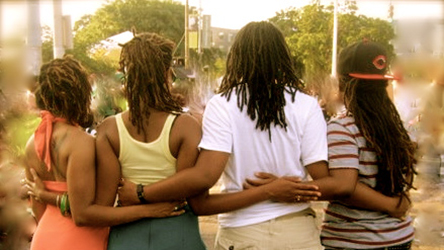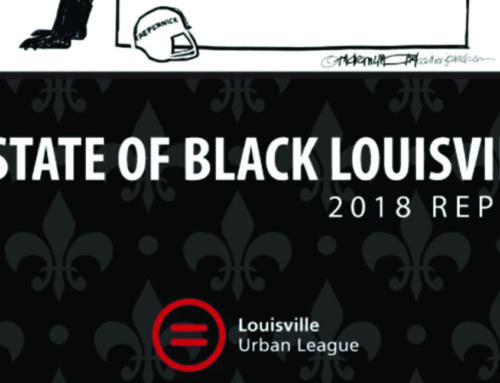Based on data collected from 12 young Black women, and the literary voice of Janie Crawford, Zora Neale Hurston’s 1937 protagonist in Their Eyes Were Watching God, Kelly Pryor creates an ethnodramatic script reflecting the perception, portrayal, and performance of hope. Reflectively acknowledging her role as ethnographer, Kelly Pryor creates this script by re(membering) narratives from the literary text and transcripts, while maintaining fidelity to each interlocutor’s words. Kelly Pryor uses this one-act play to demonstrate the Black female literary tradition is a space of transcendence that echoes social theory, further enabling her to explore the complex voices of identity and hope in contemporary qualitative inquiry. Creating a new genre of ethnodrama, a literary ethnodrama, Kelly Pryor concludes this experimental method further offers reader and author opportunities for envisioning a world in which art and science coexist to illuminate topics often neglected in empirical investigations.
Kelly Pryor, B. N. (2016). “Hope’s elevator”: Young Black women and the performance of identity. Qualitative Inquiry, 22 (5), pp. 406-416.






